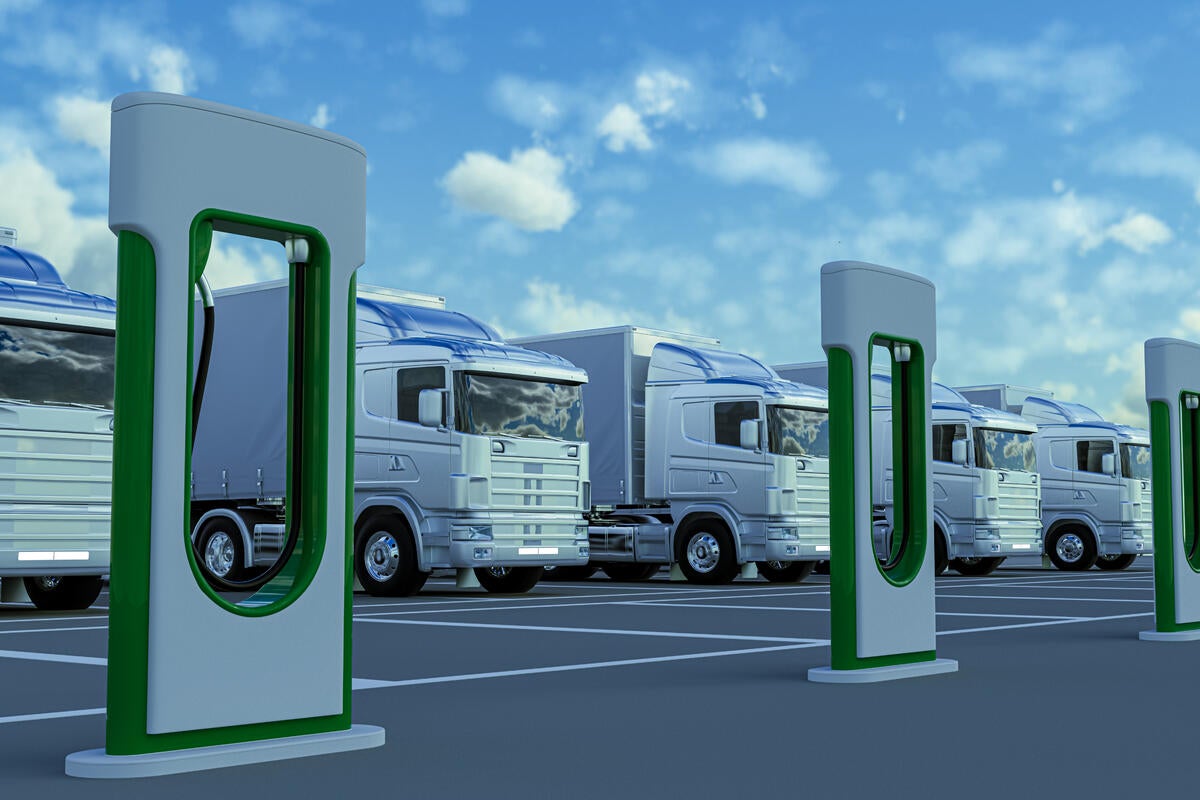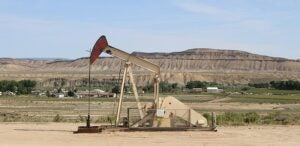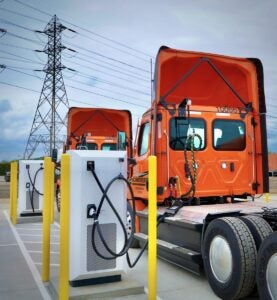By Pamela MacDougall and Cole Jermyn
UPDATE: Since the publication of this blog post on April 27, 2023, the New York Public Service Commission has made meaningful progress within its new Medium- and Heavy-Duty Electric Vehicle Charging Infrastructure proceeding. The PSC accepted comments on its initial questions from several dozen parties including EDF, and technical conferences are expected this fall. Despite this, the proceeding will likely continue into next year, leaving many early adopter fleets without sufficient access to charging infrastructure and potentially setting the state behind on its electrification goals. With deadlines from the Advanced Clean Trucks rule and emissions reductions goals from the Climate Leadership and Community Protection Act rapidly approaching, now is the time to kickstart the deployment of truck and bus charging infrastructure in New York. The state must implement interim solutions while the PSC continues to move forward. Primarily, changes can be made to the medium- and heavy-duty make-ready pilot program by expanding its eligibility to be more accessible to different types of fleets, depot owners and repair shops. Additionally, the program’s budget can be expanded, as the Commission’s Staff has already proposed. The Commission must also work with its sister agencies including the New York State Energy Research and Development Authority and the Department of Transportation to support near-term deployments of charging infrastructure. Not only will these solutions help provide the charging infrastructure that fleets need now, but the PSC will have the learnings it needs to have a full-scale medium- and heavy-duty charging program in the future. Environmental Defense Fund commends the PSC for the progress made so far on the proceeding and is looking forward to working with the commission to ensure no time is wasted in deploying necessary charging infrastructure improvements.















